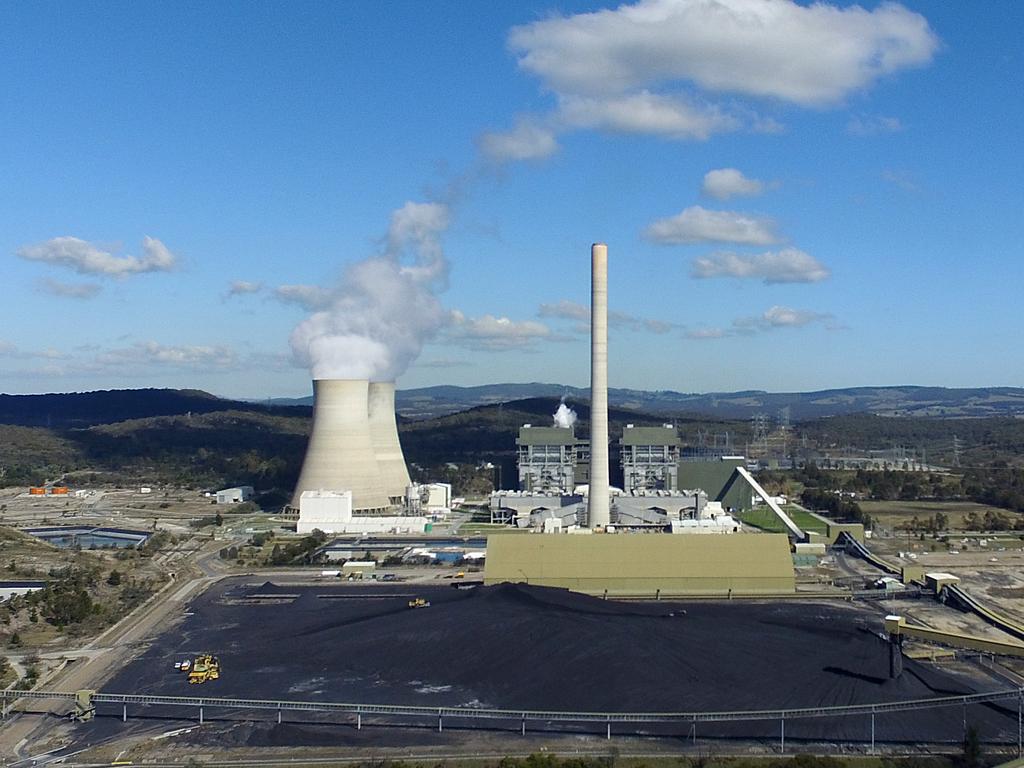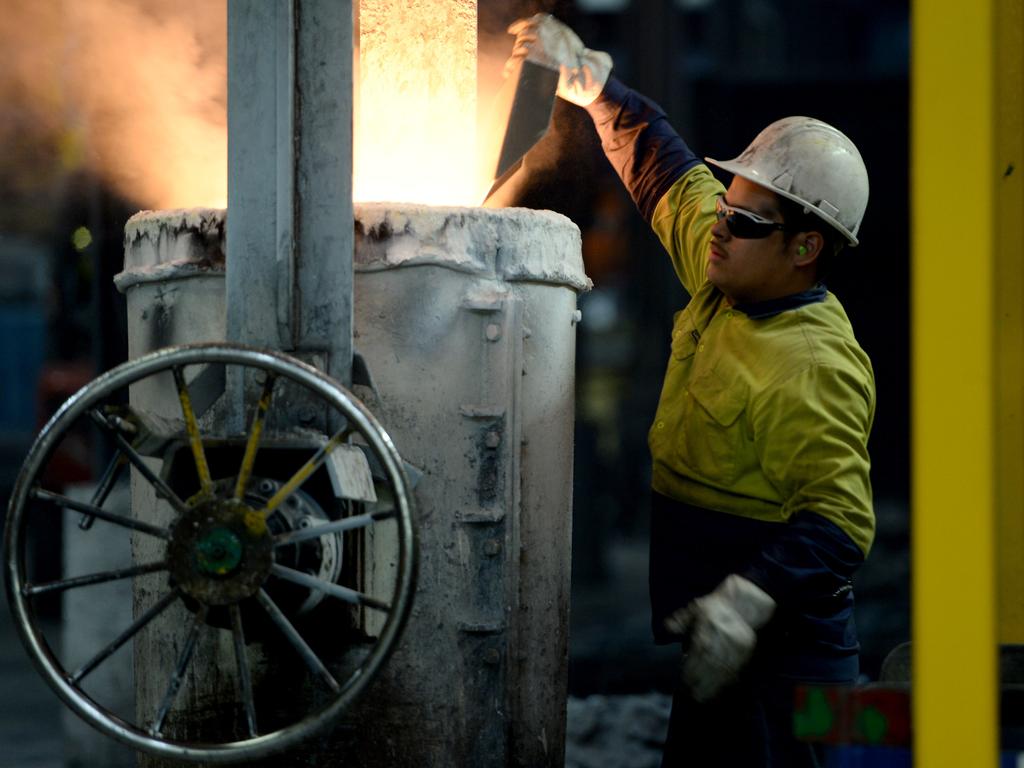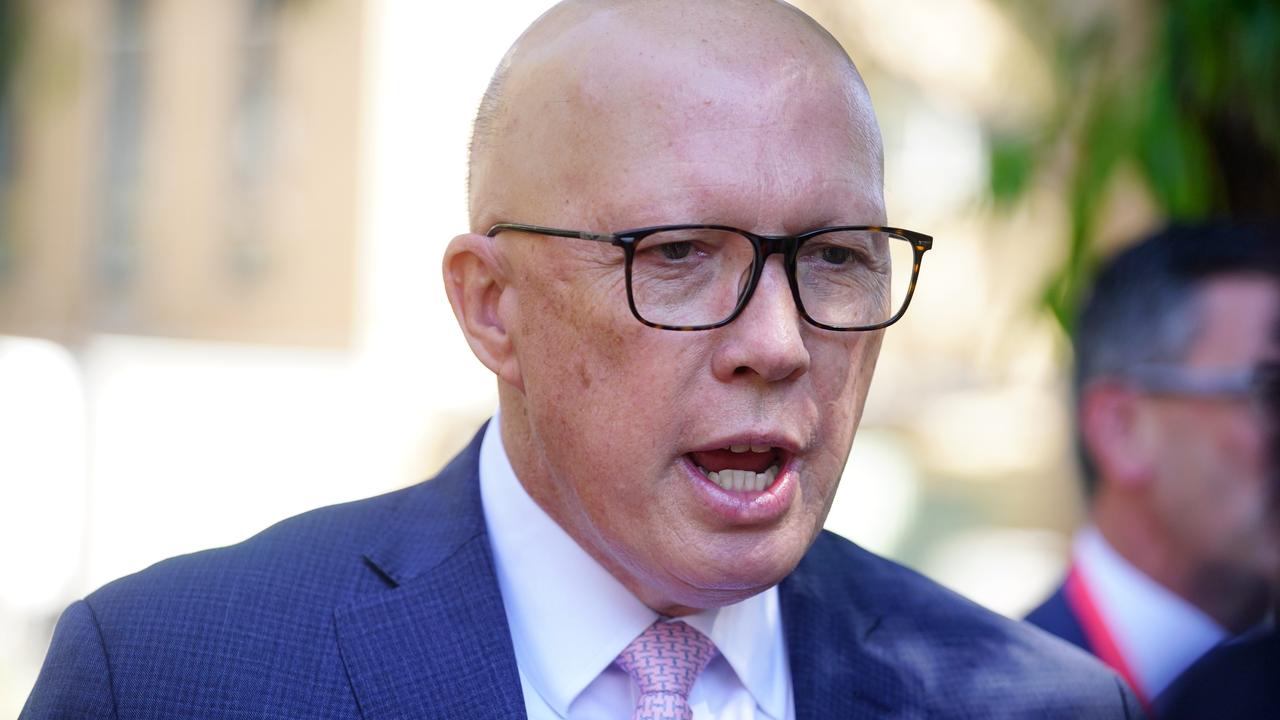
There is nothing overly sophisticated about the political rhetoric Anthony Albanese is employing to win the argument on energy prices.
The same unpolished tactics were used in his Senate battle over industrial relations: you’re either with him, or you’re a villain.
Standing in the way of the workplace laws was framed as standing in the way of higher wages. Failure to support the energy package is to deny households cost-of-living relief.
“I would be stunned frankly, as well, if the Liberal Party, despite their rhetoric, is actually going to vote for higher energy prices,” the Prime Minister said on Monday.
This messaging, which ignores the complexity of the national energy market, has widespread electoral appeal.
And the crossbench independents will be acutely aware of yet another political wedge being shoved their way in having to consider a second, wide-reaching and enduring change to the economic landscape in a matter of weeks.
With Jacqui Lambie already flagging she was inclined to support it, Albanese would now appear to be on track to getting his way, again.
While the government has been unquestionably successful in delivering outcomes, it is the long-term impacts of the outcomes themselves that will become the new political contest.
Good policy should be good politics, but the reverse is always a gamble.
Power bills are still going to rise, just by less than they would otherwise be.
And even then, the savings aren’t considerable, when set against the unprecedented actions required to achieve what could best be said as modest relief.
The government prefers to say it is saving people $230 on their rising power bills instead of admitting that rather than going up by 36 per cent, bills will now rise 23 per cent.
Locking into a financially defined outcome, Albanese places himself at risk of repeating a second pledge on power prices that he may not be able to deliver.
After all, these numbers are all based on assumptions in a volatile market.
It is unsurprising that the energy and mining sectors are warning of dire consequences. This might be a self-fulfilling claim.
While temporary price caps are one thing, the more alarming aspect for the industry is the mandatory code for gas, which bakes in a permanent mechanism for price control. It can’t not have an impact on the investment environment for gas.
This has prompted claims that the government is effectively moving toward a nationalisation of the energy system, due to the non-temporary application of a mandatory code of conduct.
The Coalition is so far having a bet each-way.
Opposition Leader Peter Dutton supports the notion of energy rebates for low-income households and welfare recipients. How could he not?
But the Coalition is also sympathetic to the producers’ argument that the fundamental problem is a supply one and that price caps will distort the market and could end up having the reverse effect on prices.
Describing the price caps as a “witch’s brew” of disaster, Dutton is banking on the prospect of this scheme failing to deliver what it is supposed to.







